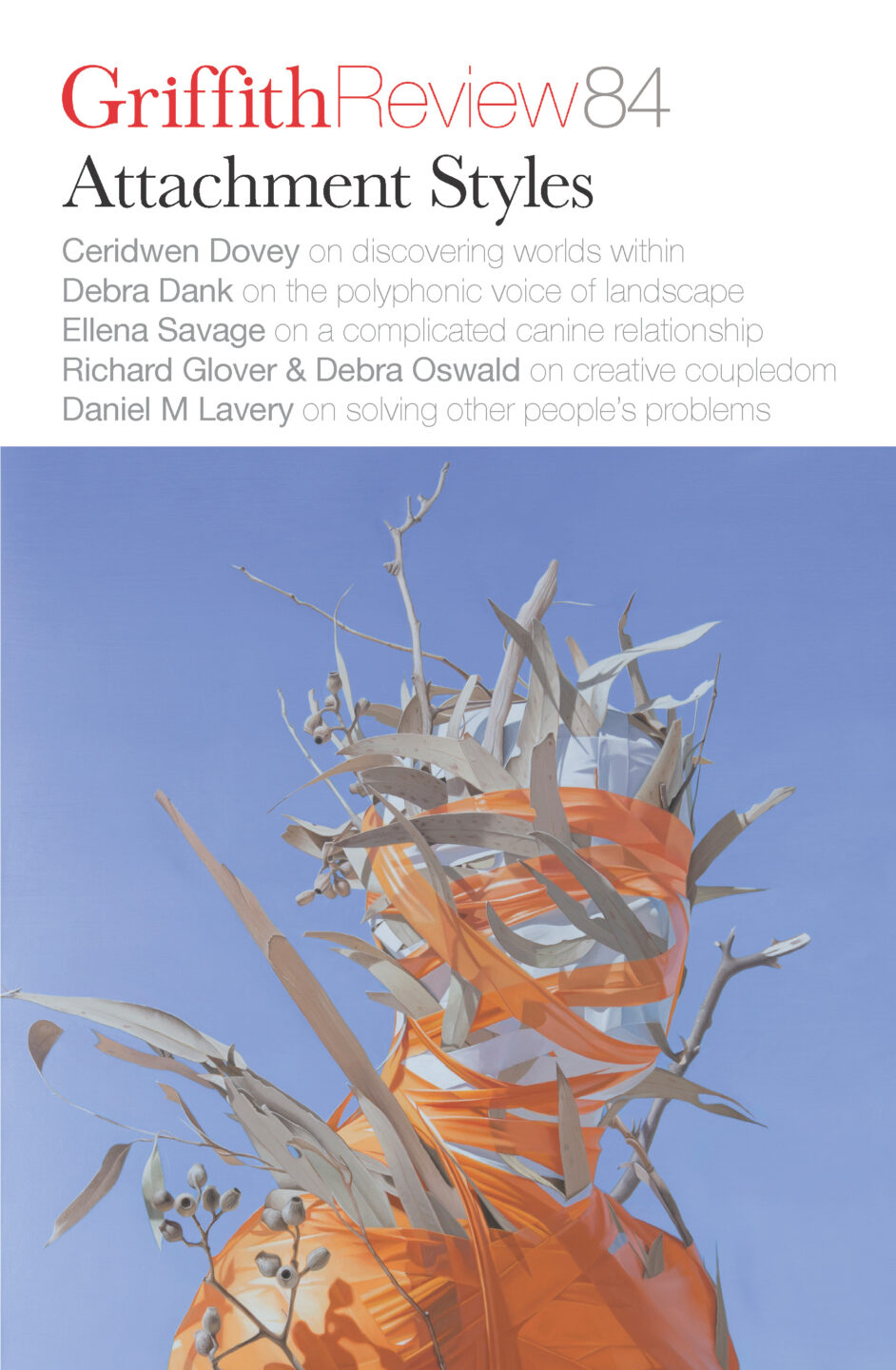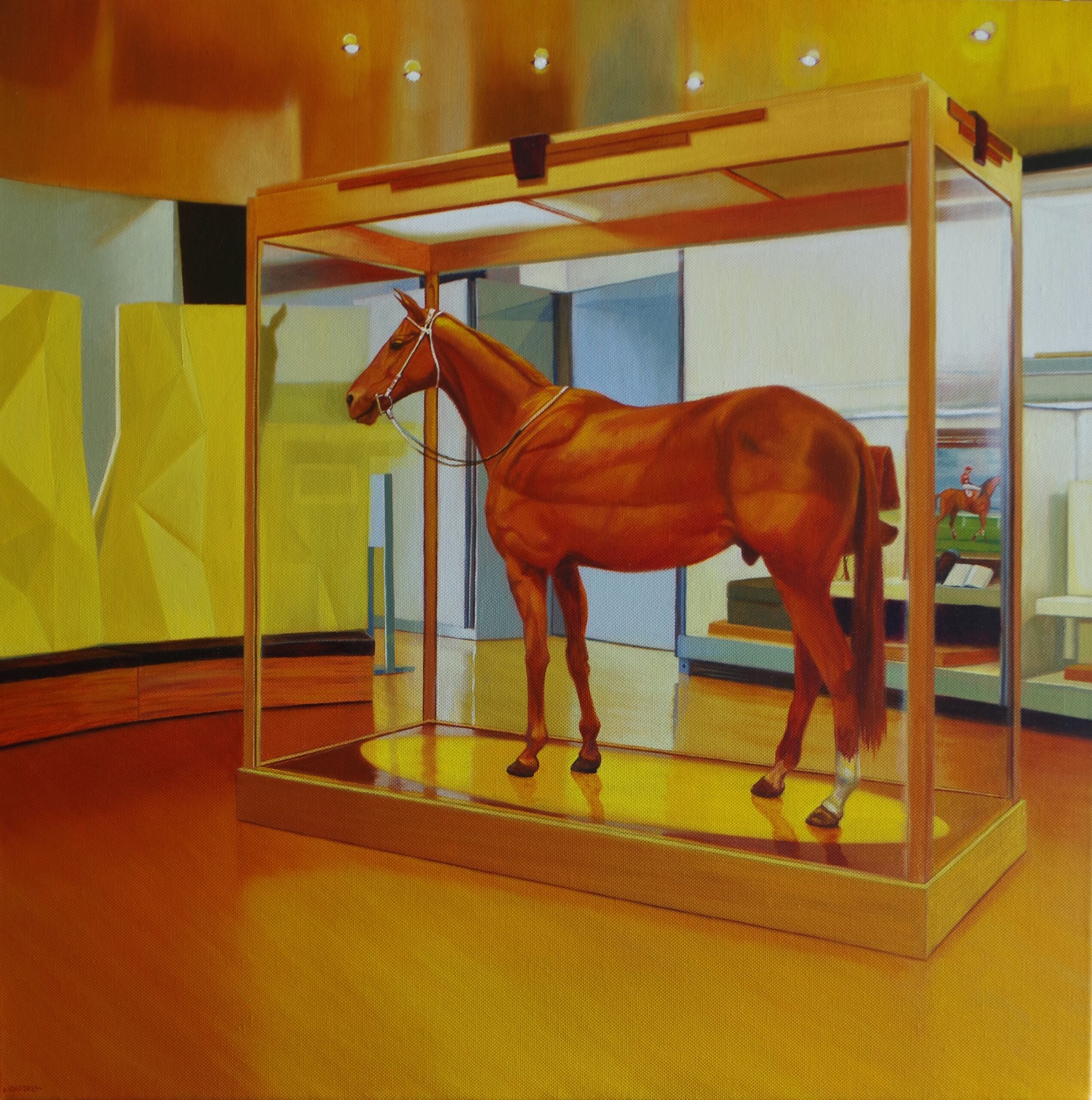Featured in

- Published 20240507
- ISBN: 978-1-922212-95-5
- Extent: 203pp
- Paperback, ePub, PDF, Kindle compatible

I’LL NEVER FORGET the thrill of reading Philip Larkin’s 1971 poem ‘This Be the Verse’ for the first time. I must have been about twelve – the ideal age to encounter Larkin’s deliciously forthright (and famous) opening line. You know the one: ‘They fuck you up, your mum and dad.’ A timeless sentiment, to be sure, and extremely on brand for Larkin, who cultivated a curmudgeonly public persona. And yet ‘This Be the Verse’ wears its pessimism lightly; the passing on of intergenerational failings isn’t intentional, Larkin reminds us, but inevitable, a steadily expanding root system of faults and foibles that simply comes with the territory of being human.
I thought a lot about this poem in the early days of putting this edition together, and about the ways in which our personalities, families, cultures and histories inflect – sometimes without our conscious knowledge – the bonds we form and the ways in which we keep or break them. More than fifty years after Larkin lamented the emotional inadequacy of generations past, we’ve equipped ourselves with an extensive vocabulary with which to characterise, analyse and diagnose our relationships with ourselves, with others, and with the places, objects and ideas that shape our sense of who we are and who we wish to become. Yet still we face the same old set of conundrums: from parasocial connections and fractious family politics to the solace we seek in non-human entities, our myriad attachments continue to offer us comfort and complication in equal measure. Where would we be without them?
THIS EDITION OF Griffith Review attempts to untangle some of these tricky emotional knots. While it’s impossible to survey all the contexts in which our attachments form and grow, this collection nonetheless traces a sprawling lineage of feelings about parents, children, pets, lovers, work, bodies, concepts and communities. It questions our increasing reliance on therapy speak; parses the complexities of connection to place and Country; reveals the intimacies of writing another person’s life; questions the truth of national narratives that occlude unpalatable histories; lifts the curtain on the limits of Method acting; busts some myths about breastfeeding; discovers the healing power of punk; explores the curious allure of other people’s problems; and much, much more.
Special thanks to the Copyright Agency Cultural Fund for their support of our Emerging Voices competition. We’re delighted to feature work by two of our four 2023 winners, Brooke Maddison and Scott Limbrick, in this edition.
‘This Be the Verse’ remains just as resonant in 2024. We’re still passing on our failings and our fears; we’re still loving and hating those close to us and those we’ve never even met; and – luckily for those who work at a literary journal – we’re still writing poems about it. We’re just trying to work it out. In that spirit of contemplation, Attachment Styles is Griffith Review’s small contribution to humanity’s long history of talking about relationships. I like to think we’ve added something extra to the conversation, just for you.
March 2024
Photo credit: Nathan Dumlau from Unsplash
Share article
More from author

Subject, object
The vivid hues and spiky leaves of Jason Moad’s Temple of Venus – the arresting artwork featured on the cover of Griffith Review 89: Here Be Monsters – raises a tantalisingly sinister proposition. The subject of the painting is clear – a Venus flytrap, realistically rendered – but there’s a somewhat otherworldly quality to this plant, a sense that it might be biding its time, waiting to strike while we, the viewers, are distracted by its beauty. For Melbourne-based realist painter Jason Moad, this slippage between subject and object, reality and imagination, is part of the point.
More from this edition

Everything you could possibly imagine
FictionJoseph was one of the only patients I’d truly enjoyed interacting with, which for the weeks since his arrival had helped me cope with the ward’s sense of monotony. His beard was like a cartoon lumberjack’s, descending into a fine point and thick enough to hold objects if they were stuck into it – which, of course, we’d tried. His eyebrows erupted like old-growth forest across his forehead, almost demanding to be touched – which, of course, I hadn’t.

Land of my fathers
Non-fictionOn Saturday mornings his friends would call in to pick him up for the game. Like him, they were broad and tall and humorous, and never still. None of them ever seemed comfortable indoors. Their faces were fevered from sitting in winter stadiums. Even as septuagenarians they continued to refer to themselves as ‘the boys’, and if my mother materialised before them, they’d blush like children.

Black love matters
Non-fiction I WOULD LIKE to love my mother without feeling, to perform the rituals and duties of filial care without the risk to heart of hurt. Mine,...